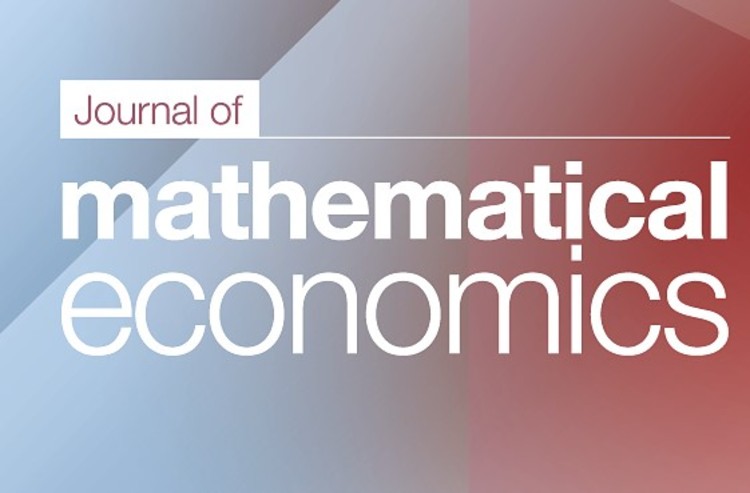The paper published in the Journal of Mathematical Economics investigates welfare targeting for public goods in networks.
The research conducted by Professor Nizar Allouch and Maia King demonstrates three key points.
- A tax/subsidy scheme (not necessarily budget-balanced) affects each consumer only insofar as it affects his neighbourhood.
- Either a Pareto-improving income redistribution can be found or there exist Negishi weights, which they relate to the network structure.
- In the case of Cobb–Douglas preferences, it’s shown that a law of welfare targeting holds and links two well-known notions of the comparative statics of policy interventions: neutrality and welfare paradoxical effects.
The research uncovers the importance of the -1 eigenvalue to economic and social policy: it is an indication of how consumers absorb the impact of income redistribution.
“Collectively, our findings show the importance of studying the underlying network structure of social interactions to economic and social policy. More specifically, we show that welfare targeting, which accounts for heterogeneity of local interactions, enables us to derive new results and policy insights.”

